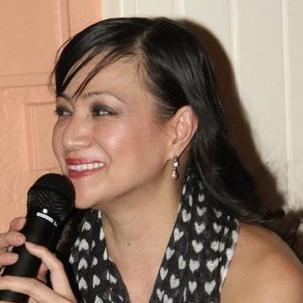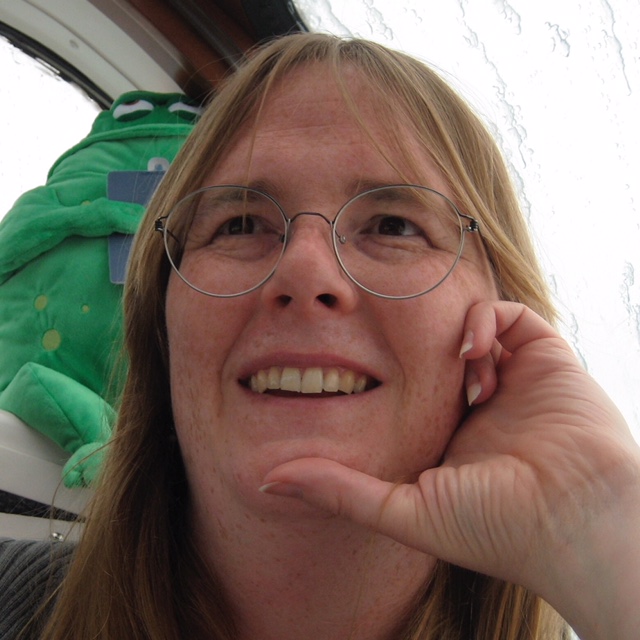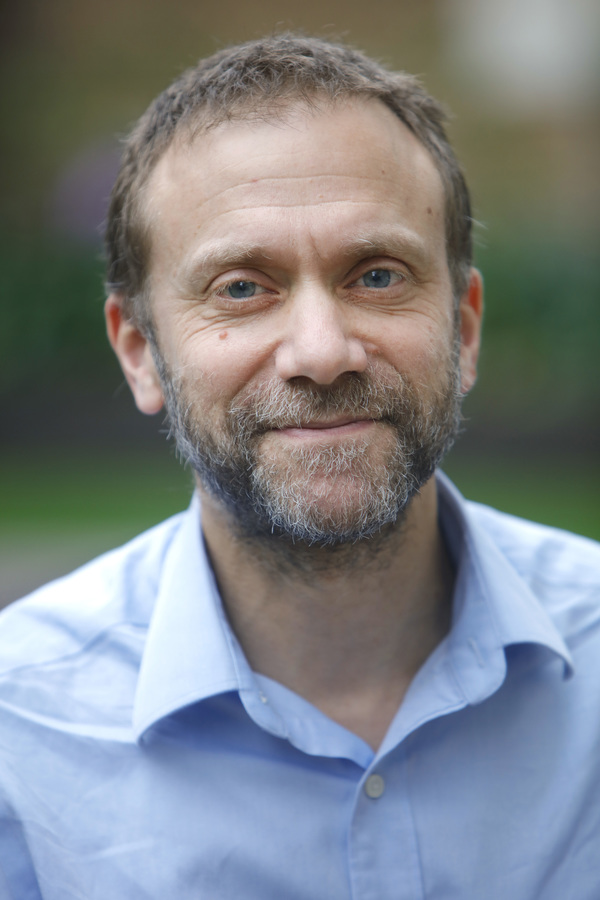Gen Ashley
Diversity & Inclusivity in Tech

Wednesday 2018-04-11T09:30+01:00
Blurb
TBN
Bio
Gen is the Director of Women Who Code London and is a very active leader in the tech community in London. Aside from her involvement with Women Who Code she is a Lead for Google Women Techmakers London, NASA Space Apps Challenge London and Twitter Developer Community London. She is also part of the leadership committee for Ada’s List (a network for women in technology). She is co-organiser of COED:CODE, OpenTechSchool London and London Game Developers. She was the Head of Developer Outreach at Skills Matter and a former VP/Business Development Manager/Project Manager at Citigroup. In 2016 Gen helped lead Anita Borg Institute London and was actively instrumental in delivering the very first 1-Day Grace Hopper Conference in Europe which was held in London.
Hadi Hariri
Kotlin/Native – Embracing existing ecosystems

Thursday 2018-04-12T09:30+01:00
Blurb
Kotlin is a language that has been around on the JVM for a number of years, and over time has gained popularity. Its adoption by Android developers has given way for Google to announce official support for the language. But Kotlin goes beyond the JVM and Android. It also targets JavaScript and Native. The latter opens the door up to multiple platforms including iOS, macOS, Windows, and Linux.
Of course, when talking native, the de facto language is C. It’s widely used, known by all and an industry standard. What can Kotlin possibly bring to the table that might entice someone to use it? In this talk we’re going to take a look at Kotlin and see why its focus on embracing existing platforms and providing smooth interoperability, along with the conciseness and readability of the language can lead to an attractive option for those developing native applications.
Bio
Developer and creator of many things OSS, his passions includes Web Development and Software Architecture. Has authored a couple of books, a few courses and has been speaking at industry events for over 15 years. Host to Talking Kotlin, he works at JetBrains leading the Developer Advocacy team, and spends as much time as he can writing code.
Lisa Lippincott
The Shape of a Program
Friday 2018-04-13T09:30+01:00

Blurb
When we talk about programs, we often use metaphors of space: we speak of connection and separation, of paths and boundaries, of areas and lengths. We clearly have some intuition that sees a program as a shape.
In this talk, I will take this intuition seriously, applying topology, the fundamental mathematics of space. I will show how a program can be mathematically described as a shape ― a bitopological manifold ― arranging actions and capabilities in a frame of time, space, causality, and possibility.
No previous knowledge of topology will be assumed.
Bio
Lisa Lippincott designed the software architectures of Tanium and BigFix, two systems for managing large fleets of computers. She’s also a language nerd, and has contributed to arcane parts of the C++ standard. In her spare time, she studies mathematical logic, and wants to make computer-checked proofs of correctness a routine part of programming.
Seb Rose
Software development – learning to walk again

Saturday 2018-04-14T16:30+01:00
Blurb
Software development seems to advance at an ever increasing pace. However, lurking under the surface of relentless progress, I believe there is a rich strata of continuity. In this session we will explore these foundational aspects of our trade - informally and illustrated by some pretty pictures.
The first article I wrote for an ACCU journal was in 2003 (https://accu.org/index.php/articles/363) where I drew an awkward analogy between software projects and building a shed. Over the years, I’ve found that I have a penchant for analogies and this session will continue in that vein. Don’t worry, though, I’m not going to bore you with pictures of building sites or aphorisms from lean manufacturing.
Instead, I’m going to take you on a gentle walk on some mountainous paths in the south of France. There’ll be red wine and unit testing; oak forests and scope creep; deep river gorges and CI pipelines. I’ll ask you to walk with me and take a close look at the concepts that underpin our profession.
“We must learn to walk before we can run” is an age-old adage. We all learned to walk decades ago. Many of us learnt how to develop software shortly thereafter. However, just as running is not simply walking faster, neither is better software development simply working with the latest shiny tools. By slowing down, observing our behaviour, considering alternatives, and deliberately practicing different approaches we can re-learn how to develop software. Or confirm that how we’re doing it now is just fine.
As long-time ACCU conference chair, Jon Jagger, reminds us in the FAQ of the wonderful Cyber-Dojo: “Stop trying to go faster; start trying to go slower. Don’t think about finishing; think about improving. Think about practising.”
Bio
Seb has been involved in the full development lifecycle with experience that ranges from Architecture to Support, from BASIC to Ruby. He’s a partner in Cucumber Limited, who help teams adopt and refine their agile practices, with a particular focus on collaboration and automated testing.
Regular speaker at conferences and occasional contributor to software journals. Co-author of “BDD Books 1: Discovery” (LeanPub), lead author of “The Cucumber for Java Book” (Pragmatic Programmers), and contributing author to “97 Things Every Programmer Should Know” (O’Reilly).
He blogs at cucumber.io and tweets as @sebrose.













